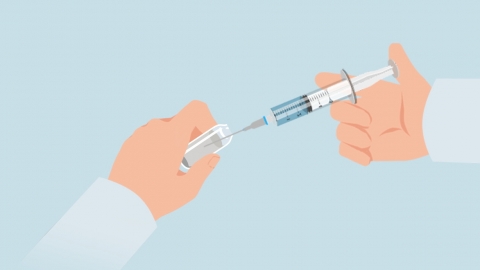Can dehydrating agents treat brain tumor stroke?
Generally, dehydration medications can play a certain role in the treatment of stroke caused by brain tumors, but they are primarily used as an adjunctive therapy rather than a fundamental treatment method for stroke caused by brain tumors. The detailed explanation is as follows:

Stroke caused by brain tumors is a relatively severe condition, and its treatment methods include surgical treatment, drug therapy, radiotherapy, chemotherapy, and interventional therapy. In pharmacological treatment, mannitol is a hyperosmotic dehydrating agent that, when administered intravenously, can rapidly increase plasma osmotic pressure, thereby transferring water from brain tissue into the plasma, alleviating cerebral edema and reducing intracranial pressure. Furosemide has potent diuretic effects and can rapidly eliminate excess water from the body, which also helps reduce intracranial pressure.
However, it should be noted that dehydration drugs cannot directly inhibit tumor growth or cause tumor shrinkage; they can only serve as an adjunctive treatment to relieve symptoms caused by the tumor. When treating stroke caused by brain tumors, it is also necessary to comprehensively consider the patient's specific condition, formulate an individualized treatment plan, and integrate multiple treatment methods to achieve optimal therapeutic outcomes.
Dehydration drugs play an important auxiliary role in the treatment of stroke caused by brain tumors, but they must be used under the guidance of a physician and combined with other treatment methods for comprehensive management. At the same time, patients also need to actively cooperate with their physicians' treatment plans and recommendations to improve treatment outcomes and quality of life.





